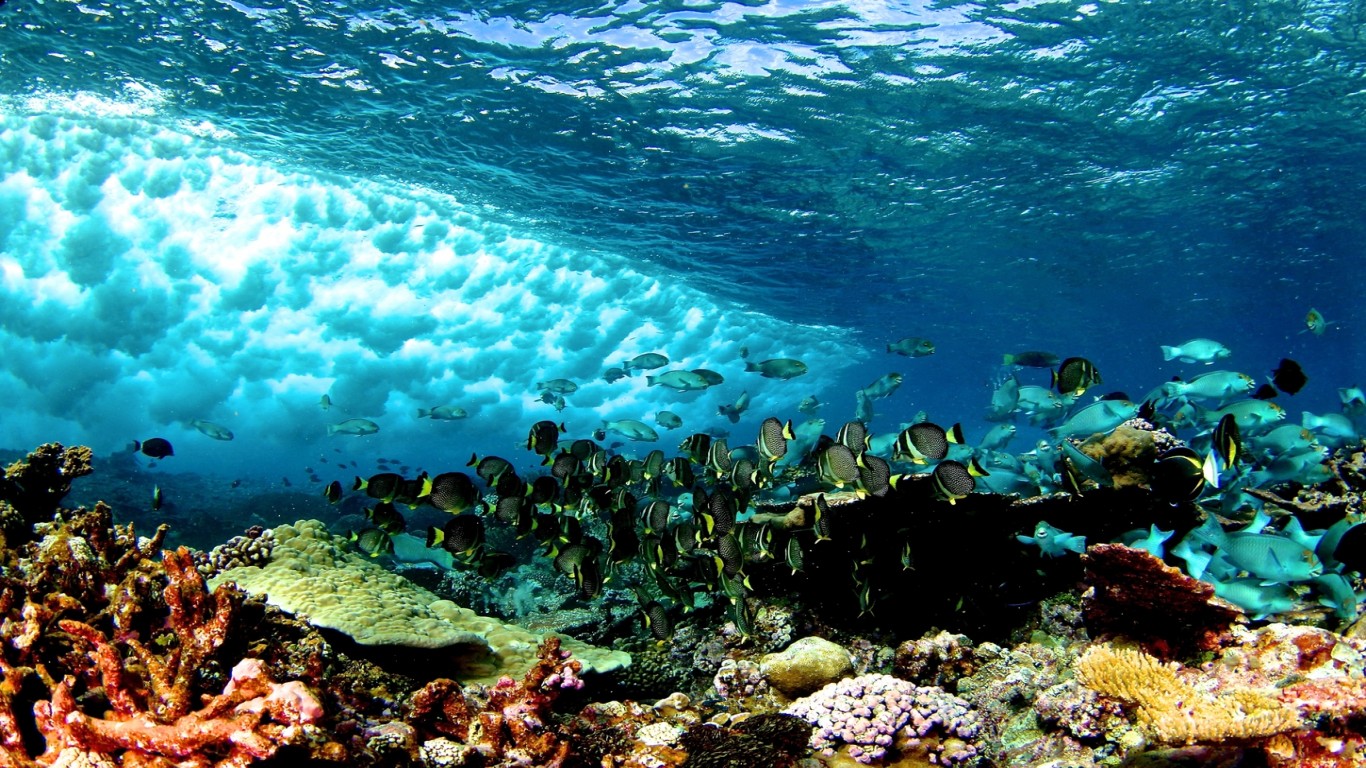11 Dec 2024

Tired Earth
By The Editorial Board

The findings were published in Marine Biology and found that large-scale bleaching is not just a result of climate change but also due to nitrogen loading caused by improperly treated sewage and fertilizer run-off.
The research showed that the ratio of nitrogen and phosphorus in the water turned out to be a key factor in determining when and to what extent coral bleached. When Florida rains caused agricultural fertilizers to run off into the ocean, coral death was much more common. The additional nutrients in the water caused algae blooms, which in turn seemed to predict mass coral deaths.
Using data collected between 1984 and 2014 on coral cover, seawater salinity, temperature, and nutrient gradients between Looe Key and the Everglades, the researchers found that living coral cover at the Looe Key Sanctuary Preservation Area fell from close to 33 percent in 1984 to under 6 percent in 2008. The actual rate of coral loss fluctuated over the years but did increase in certain periods (1985 to 1987, 1991 to 1995, and 1996 to 1999), a response to heavy rainfall and increased water deliveries from the Everglades.
Research in the past has shown that when nitrogen-phosphorous increase in the water, the chemical balance in the ocean gets severely messed up. This causes coral membranes to break down, leaving the coral to be incapable of getting enough phosphorous, and resulting in eventual starvation.
To reduce the amount of nutrients reaching the sea, the state of Florida needs to improve water-treatment plants. Most of the runoff does not pour right off the land but rather passes through water-treatment plants that fail to remove the chemical the research explains.
Typically, the main contributor to coral reef bleaching is tied to rising ocean temperatures due to climate change and it appears to only be getting worse. A study published earlier in the year found that ocean warming is taking place at a pace 40% faster than the United Nations estimated five years ago.
Reefs are vital the health of a tropical water system as they are the center point for most marine life. The good news with the discovery is that researchers know they can treat the problem. Now, this research needs to be used to petition government officials and organizations to improve treatment facilities and minimize run-off.
Source : seavoicenews.com
Comment